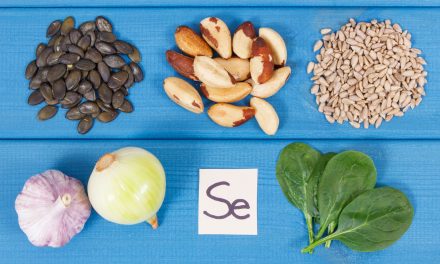Photo by Dexter Chatuluka on Unsplash
It is well established that magnesium is necessary for patients with insulin insensitivity. Insulin insensitivity and the overproduction of insulin found in type 2 diabetes may actually interfere with magnesium absorption (J Clin Endocrinol Metab. 1995 Apr;80(4):1376-81). Magnesium is also good for women with gestational diabetes.
One study (Am J Clin Nutr. 2015 Jul;102(1):222-9) saw improved pregnancy outcomes for women with gestational diabetes who took 250 mg of magnesium oxide for six weeks. Magnesium supplementation resulted in a lower incidence of newborn hyperbilirubinemia, and newborn hospitalization when compared to the placebo group. Better pregnancy outcomes were also found in another study (Magnes Res. 2018 Nov 1;31(4):131-142) where the authors looked at inflammatory markers. The authors stated, “Overall, magnesium supplementation for six weeks significantly decreased gene expression levels of IL-8 and TNF-α, and increased TGF-β in women with GDM. Therefore, magnesium supplementation might be recommended to decrease metabolic complications in women with GDM, due to its beneficial effects on gene expression of inflammatory markers.”
Magnesium, in combination with vitamin D, and calcium was given to pregnant women with gestational diabetes in a double-blind, placebo-controlled study (Appl Physiol Nutr Metab. 2018 Jun;43(6):565-570). After the six-week intervention, compared with the placebo, magnesium-zinc-calcium-vitamin D co-supplementation resulted in significant reductions in fasting plasma glucose, serum insulin levels, homeostatic model of assessment for insulin resistance, and a significant increase in quantitative insulin sensitivity check index. In addition, magnesium-zinc-calcium-vitamin D co-supplementation significantly decreased serum triglycerides and very-low-density-cholesterol concentrations compared with the placebo. The researchers concluded, “Overall, the results of this study demonstrated that magnesium-zinc-calcium-vitamin D co-supplementation for 6 weeks among patients with GDM had beneficial effects on glycemic control and few markers of cardiometabolic risk.”
In another study (Lipids Health Dis. 2018 Jul 20;17(1):163), it was combined with vitamin E. The authors stated, “Overall, magnesium and vitamin E co-supplementation for 6 weeks in women with GDM significantly improved glycemic control and lipid profiles, except for HDL-cholesterol levels.”
Magnesium is inexpensive and well-researched. Using it is a good strategy to help patients with gestational diabetes.






